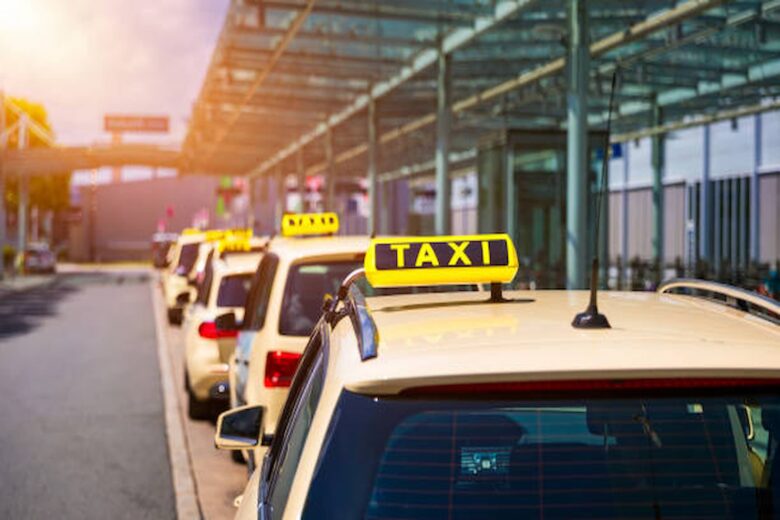For decades, taxis have been a staple in the transportation industry, offering a reliable and effective means for individuals to move from one location to another. However, recent technological strides are ushering in a significant transformation for taxis, altering our perception of transportation. From the advent of ride-hailing applications to the development of Melbourne Airport Transfer Service, the future of taxis is an exciting glimpse into the intersection of technology and transportation.
The Surge Of Ride-Hailing Applications
Another exciting development in the taxi industry is the emergence of self-driving taxis. With just a few screen taps on a smartphone, passengers can summon a nearby driver, rendering the conventional act of hailing a taxi on the street obsolete. These apps have not only streamlined the process for passengers but also presented a new avenue of income for drivers, who can now operate independently, free from the constraints of traditional taxi companies.
A key advantage of ride-hailing apps lies in their utilisation of real-time data. By collecting data on customer demand, traffic patterns, and driver availability, these applications can optimise routes and reduce passenger wait times. This not only enhances the passenger experience’s convenience but also boosts drivers’ efficiency, creating a mutually beneficial situation for all parties involved.
The Advent Of Autonomous Taxis
Another thrilling development in the taxi sphere is the introduction of self-driving taxis. Prominent companies such as Waymo, Tesla, and Uber have invested substantially in crafting autonomous vehicles without human drivers. Though this technology remains in its infancy and grapples with regulatory hurdles, it possesses the potential to reshape the taxi landscape in the near future fundamentally.
Self-driving taxis will not only eliminate the necessity for human drivers but also promise a significant reduction in accidents and an overall improvement in road safety. These vehicles can consistently gather data and make real-time decisions, culminating in smoother traffic flow and reduced emissions. Furthermore, self-driving taxis can offer transportation services around the clock, catering to the needs of urban dwellers at any hour.
Implications For Conventional Taxis
While ride-hailing apps and self-driving taxis indisputably disrupt the traditional taxi industry, it isn’t all doom and gloom for conventional taxis. These technological advancements have spurred taxi companies to adapt and elevate their services to remain competitive. Many taxi companies have ventured into launching their own ride-hailing apps to vie with industry giants like Uber. They also invest in eco-friendly vehicles to minimise emissions and attract environmentally conscious consumers.
Additionally, numerous traditional taxi firms are forming partnerships with ride-hailing apps, creating a seamless experience for passengers. This hybrid model permits passengers to book rides through an app while still having the choice to pay with cash, a preferred payment method for traditional taxi riders.
The Prospects For Taxis
It is abundantly clear that technology is reshaping the taxi sector and will persist in doing so. With ride-hailing apps and self-driving taxis leading the charge, the future of taxis promises to be more convenient, efficient, and ecologically responsible. We anticipate a surge in the adoption of electric and autonomous vehicles, coupled with AI-driven services designed to enhance the passenger experience.
The rise of the gig economy and the shift towards reduced car ownership also open doors for taxi companies to expand their offerings beyond passenger transport. Integrating supplementary services like food and package delivery into their platforms could solidify their position as a comprehensive solution for transportation requirements.
In Conclusion
The intersection of technology and transportation has led to significant developments in the taxi industry. With the rise of ride-hailing apps and the emergence of self-driving taxis, the traditional taxi sector is rapidly changing to stay relevant. These changes have resulted in a more streamlined and convenient rider transportation experience. As technology progresses, taxis will continue to evolve and play a crucial role in shaping the future of transportation.
